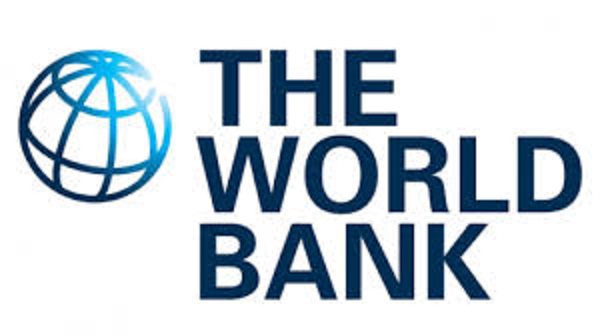US nominee for World Bank Group President, Ajay Banga, has emphasised the need to develop strong partnerships with the African Development Bank (AfDB) with a view to achieving transformative results.
Banga, in a statement issued on AfDB’s website, said this when he visited the bank’s president, Dr Akinwumi Adesina, and other senior management and Board of Directors of the AfDB in Abidjan, Cote d’Ivoire.
Highlighting three major issues affecting many parts of the world, he said they included inequality, the tension between humanity and nature, and the tendency to apply short-term solutions to long-term problems, which only deliver poor results.
According to him, the world’s challenges got complicated because of the COVID-19 pandemic, environmental degradation, and the impact of the Russia-Ukraine War.
The former MasterCard Chief Executive Officer (CEO) emphasised the role of technology in tackling challenges facing the world.
Banga also talked about the role of the private sector in mobilising the much-needed capital resources for significant economic development.
He noted that these apply to both private sector capital and to private sector ingenuity and innovation, which were needed to tackle the many challenges facing the world.
Adesina, while stressing the need for a new relationship between the World Bank and the AfDB, said he agreed with Banga’s call for a regenerated partnership.
According to him, it is more than financial and more about how we work to optimise resources by engaging governments, the private sector, and other stakeholders to deliver meaningful change.
“Climate change remains the most serious existential threat to humanity. It is decimating lives, displacing people, creating refugees and deepening poverty.
“It is what I call the triangle of disaster. You have increasing poverty, rising youth unemployment and environmental degradation, a breeding ground for terrorism.”
The AfDB head called for a global security council on environment and biodiversity issues which he said were not getting the deserved attention compared with other global challenges such as war.
He called for a new way of measuring the wealth of nations rather than basing it on gross domestic product.
“This does not consider important factors like a country’s contribution to carbon emission and impact on biodiversity.
“Globally, there is a need for greater responsibility to tackle the impact of climate change, environmental degradation, and protection of biodiversity,” he said.
The AfDB boss underscored the need for increased economic opportunities, particularly in rural areas, where infrastructure investment were crucial.
According to him, 34 Heads of States attended the recently held Dakar 2 Food Summit and committed to country food and agriculture delivery compacts.
He said that close to 52 billion dollars of intended support to agriculture and food security had been identified from developing partners for the next three year.
Adesina called for a similar approach to solving the problem of lack of energy in Africa, where more than 600 million people lack access to energy.
He said that this could be resolved through initiatives like the AfDB-led Desert to Power initiative.
Adesina explained that the initiative was aimed at delivering green electricity to more than 200 million people across 11 countries using solar capacity.
U.S. President Joe Biden on February 23, 2023 announced Banga as the United States’ nominee for President of the World Bank Group.
The institution’s current president, David Malpass, also recently announced his intention to step down by the end of June 2023.
The World Bank presidential-nominee began his global tour on Monday, with his first stop in Abidjan, where he met Adesina.




